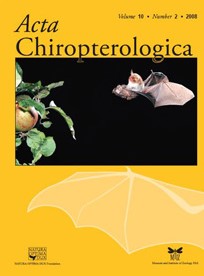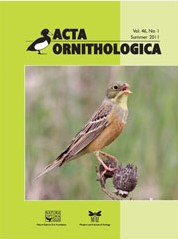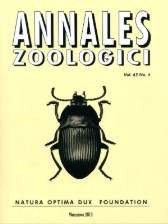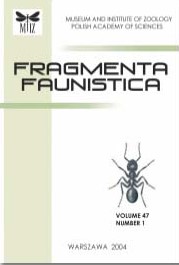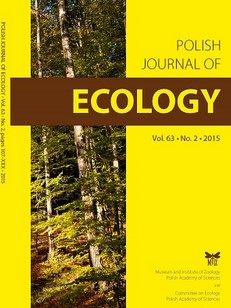POLONEZ BIS 2
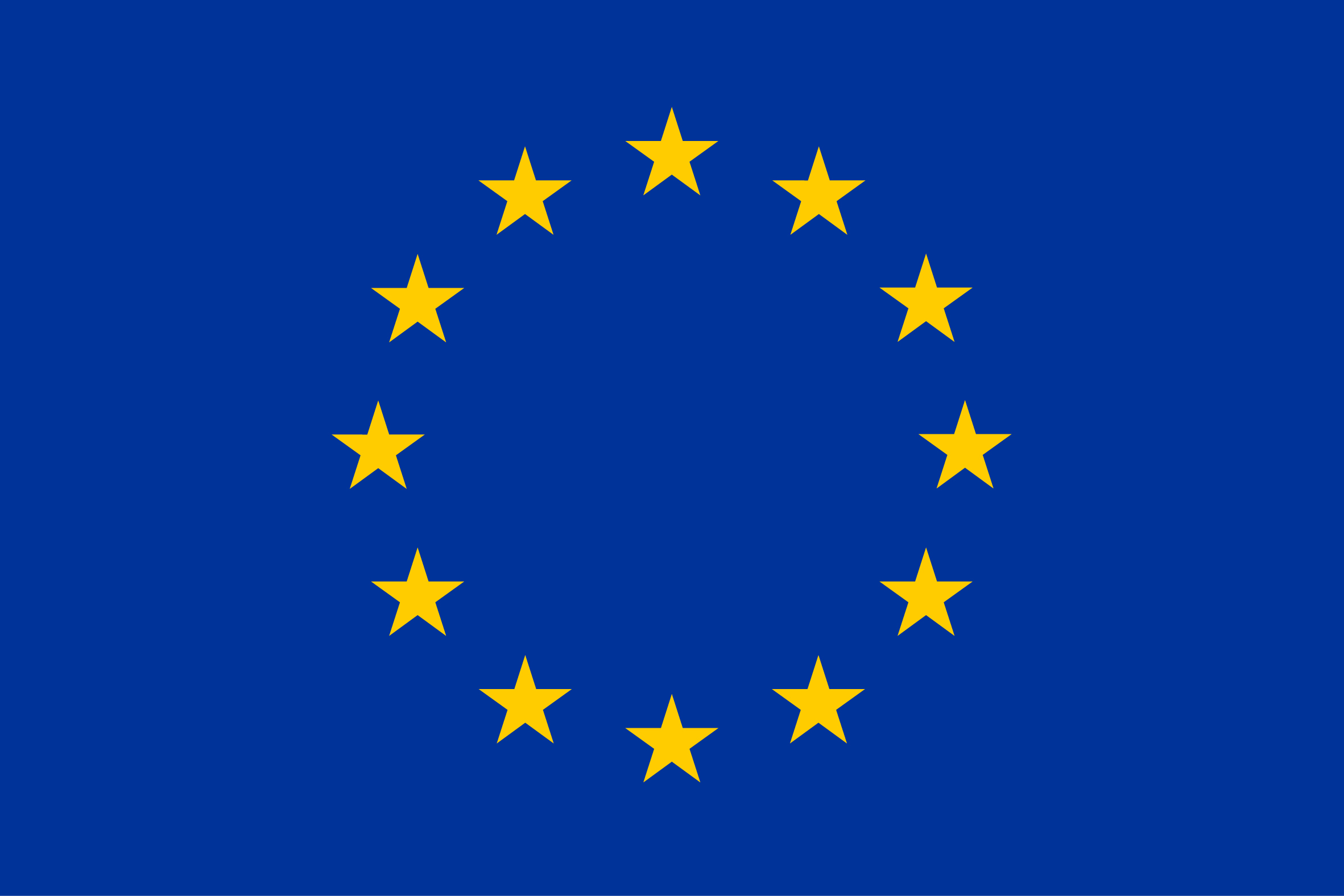
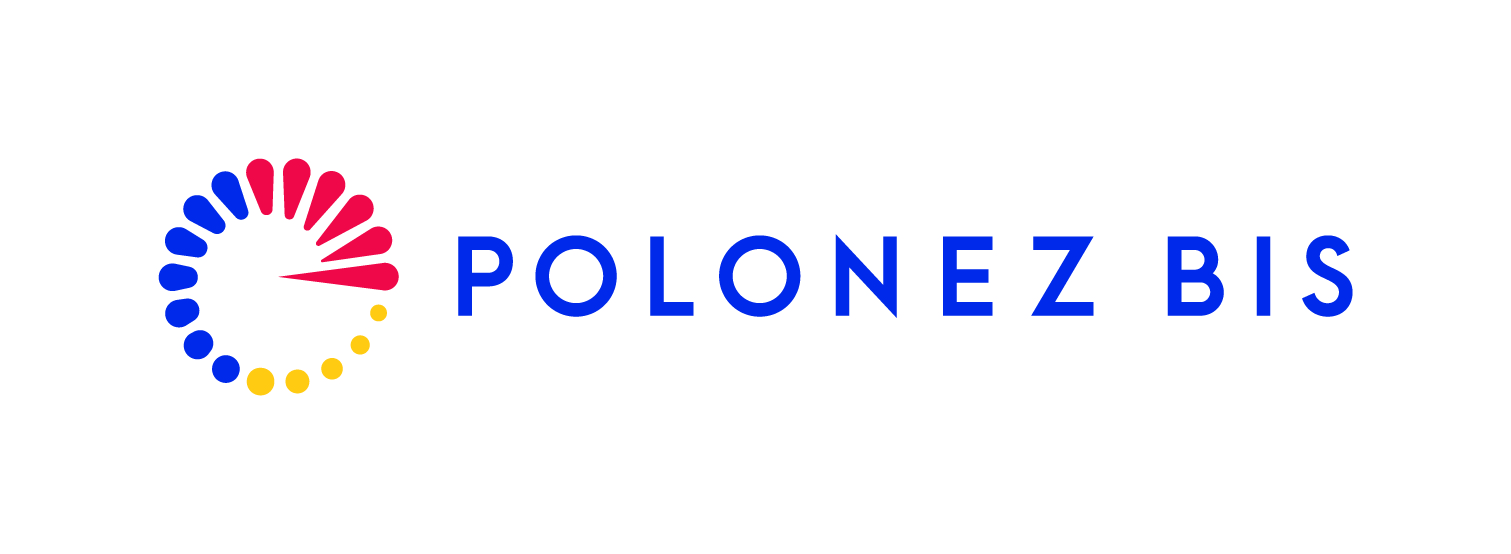
Who is pulling the strings?
The importance of nutrition in a host-parasite system
Acronym: Nutrition
This research is part of the project No. 2022/45/P/NZ8/04018 co-funded by the National Science Centre and the European Union Framework Programme for Research and Innovation Horizon 2020 under the Marie Skłodowska-Curie grant agreement No. 945339.

Principal Investigator: Enikő Csata

Mentor: Magdalena Witek
Summary
How and what animals eat has a significant impact on their lives, as evidenced by the fact that organisms ranging from yeats to humans tend to have shorter lifespans when consuming a high protein to carbohydrate ratio diet. This could be linked to the immune system, as malnutrition can weaken an organism’s ability to fight infections and, ultimately, its survival. Parasites and pathogens play an important role in animal nutrition, yet they are often overlooked in nutritional studies. Fighting infections involves a range of strategies, from physical barriers to physiological and behavioral responses. The nervous system coordinates many of these behavioral strategies, including feeding, making it an essential component in the link between animal health, the immune system, and nutrition. To better understand this link, our project will investigate how nutrition and neuronal control of behavior interact in highly integrated animal groups, such as ant colonies (Figure 1).

Figure 1. Conceptual diagram of the project.
Our hypotheses center on the importance of nutrition in the face of infection and aim to understand the link between infection and nervous system, which can be influenced by nutrition.
Using Myrmica scabrinodis ants and the obligate ectoparasitic fungus Rickia wasmannii (Fig 2), we will examine how the ratio of macronutrients in the diet affects investment into the immune response of individuals and we will explore whether neuromodulatory mechanisms underlying behavioral manipulation by parasites change according to diet.

Figure 2. Head and gaster of a M. scabrinodis worker infected with R. wasmannii (photo taken by Ciprian Mihali). For further information see Csata et al. 2017 Sci Rep, Csata et al. 2023 Comm. Biol.
The project will shed light on the complexity of host-parasite interactions and host defense mechanisms underlying animal nutrition, both at the individual and collective level.
Publications
https://scholar.google.hu/citations?user=FYwE_PsAAAAJ&hl=en
Location
Museum and Institute of Zoology of Warsaw, Polish Academy of Sciences
Group of Social and Myrmecophilous Insects Contact Enikő Csata: ecsata@miiz.waw.pl Museum and Institute of Zoology, PAS ul. Twarda 51/55, Warszawa 00-818, Polska




